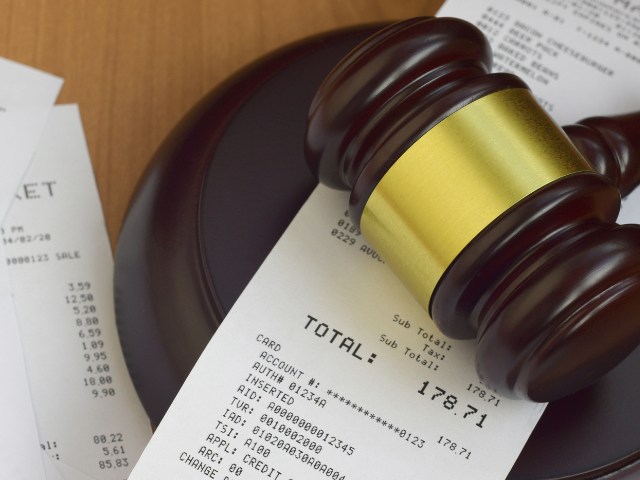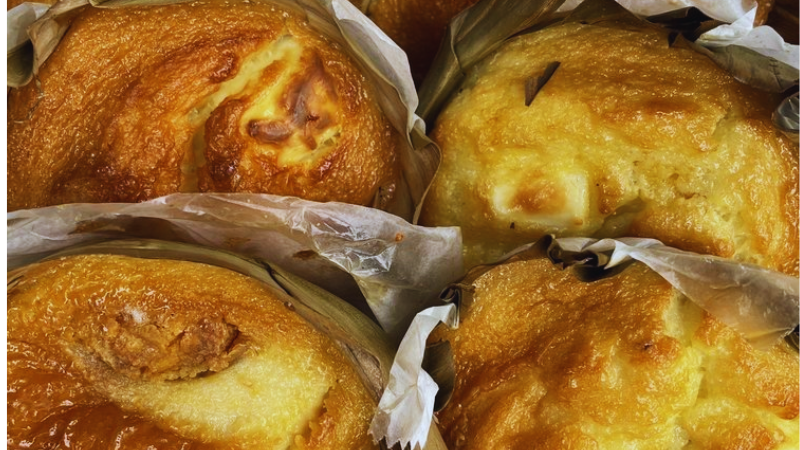After a last-minute decision from Gov. Gavin Newsom, restaurants in California are now exempt from new rules barring hidden fees like credit card surcharges.
The law, SB 478, went into effect on July 1 and is often referred to as a “junk fee” law. It aims to protect consumers from unexpected charges at the end of a purchase. These charges are often listed as “processing fees,” “service fees,” or “admin fees.” Think Ticketmaster fees that turn a $20 concert ticket into a $40 bill or hotels that add “resort fees” onto bookings.
For restaurants, these are usually service fees in addition to taxes and tips. Many businesses have added surcharges for credit card payments. Credit card processors levy high fees on credit card transactions, which don’t apply to debit cards or cash purchases.
The Durbin Amendment, part of the Dodd-Frank Wall Street Reform and Consumer Protection Act put forward by Senator Dick Durbin (D-IL), limits transaction fees on debit card purchases. While Sen. Durbin has put forth similar legislation for credit cards called the Credit Card Competition Act, it has yet to be passed into law and faces heavy criticism from skeptics. Cash payments bypass card processors entirely, and thus cost nothing extra to the business to accept.
Gov. Newsom’s decision means that customers may still see extra fees on their bills at the end of the night at restaurants, bars, and other food service establishments such as caterers. On the other hand, these businesses will still see some reprieve from the high fees that they have to pay in order to accept card payments for their goods — a much needed boon in this economy.
However, restaurants are still required to disclose if they charge a service fee prior to the customer receiving the bill. The amendment to SB 478 says that the price listed must be the full price that the consumer is required to pay. Any additional charges must be stated clearly either on the menu or elsewhere in the establishment, though the charge doesn’t need to be reflected in item prices.





